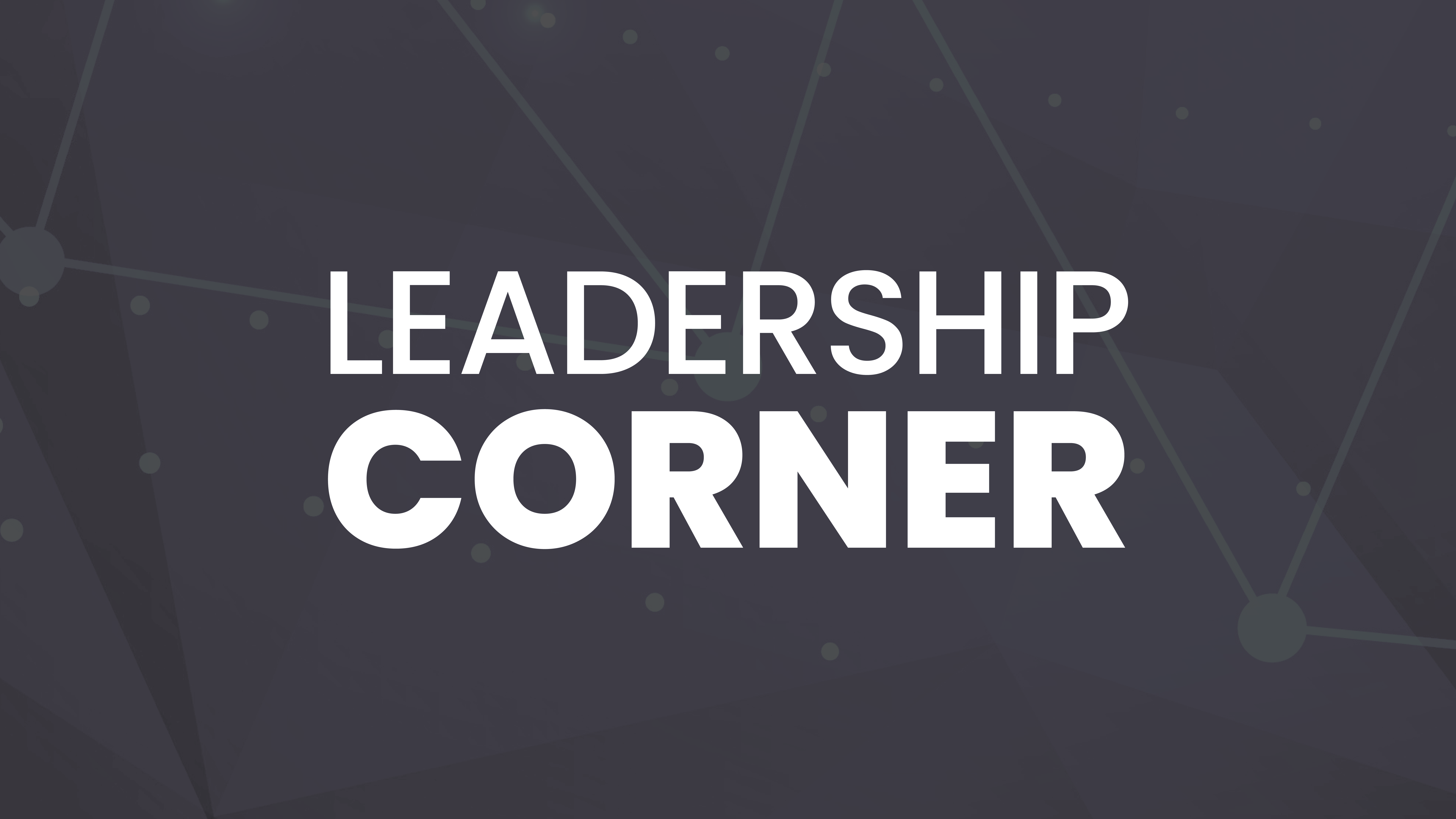Working toward being 100% Out of Network? There are some habits you should adopt now.
All too often we see dentists work toward going OON using the same habits and behaviors they developed while practicing as a contracted PPO provider. This doesn’t normally work very well. Why? Fee for service dental patients have no financial incentive to be your patient. They represent a true consumer and will demand a higher level of service and attention. If you are on the path to insurance independence or wanting to start this journey, work to develop the following habits before dropping your PPOs.
- Stop caring what insurance covers.
Insurance coverage is nothing more than a solution to paying for dentistry. It certainly doesn’t change or affect what the needs of the patient are. If during diagnosis your brain is dual processing the treatment needs along with coverage concerns, the outcome will almost always fall short of what it should be. Instead, mentally separate diagnosis and treatment planning from the patient's ability to pay. Insurance coverage, or lack thereof, really shouldn’t enter the conversation until the patient understands their oral condition and the various options in which to treat it. - Provide better customer service. Like, actually better.
Lots say it, few do it. If you want to attract and keep OON patients without any financial incentive to be with you, provide a tangibly better level of service. Without it, why would they stay in your office? There are plenty of strategies out there to increase the level of customer service. One I think speaks the loudest is time. One on one time with the dentist in a consultation room is the #1 customer service strategy that will separate yourself from all the others in the eyes of your patients. - Slow down. Seriously, slow down.
PPO practices are often forced into a high volume business model due to the smaller profit margin. They speed up and try to see more patients per hour and per day, not because they want to work that fast, but because they need to be profitable. The problem? This high volume model works against you as you work to be OON. In fact, habits #1 and #2 above are harder to do when you are on that hamster wheel. This doesn’t mean slowing down so much that you aren’t profitable. It means finding the opportunities where some extra time will pay off. For example, start with new patient exams and treatment consultations. Intentionally set yourself up to be your best during these appointments.
Use these habits while simultaneously working through our PPO Roadmap in your journey to insurance independence. If you need help, let us know.
Dr. Barrett Straub
Dr. Barrett Straub owned and operated a fee for service general practice with a focus on sedation dentistry in Port Washington, WI for nearly 20 years. A former coaching client of ACT Dental, he sold his practice to become the full time CEO of ACT Dental and the Best Practices Association in 2023. A graduate of Marquette Dental School, his advanced training and CE includes work at the Spear Institute, LVI, DOCS, and as a member of the Milwaukee Study Club (SSC). He is a past member of the Wisconsin Dental Association Board of Trustees and was awarded the Marquette Dental School 2017 Young Alumnus of the Year. Barrett’s passion is taking his real world experience and using it to help dentists everywhere create their ideal practice. Outside of dentistry, Dr. Straub loves to hunt, golf, and spends winter on the ice curling. He is married to Katie with two daughters, Abby, and Elizabeth.
RECENT POSTS
Data Snapshot: Diagnostic Percentage
December 05, 2025
978: Unfair Care – Dr. Bryan Laskin
December 05, 2025
The Secret To Getting Patients To Say Yes: Lead With The Headline
December 01, 2025
976 (877 Replay): Metric Mondays: What is Your “Production Story”? – Dr. Barrett Straub
December 01, 2025
4 Steps to Eliminate your Overdue Account Problems
November 28, 2025
975: Revenue Reality: Mastering Production & Write-Offs – Miranda Beeson
November 28, 2025
974: Where is the Profit Hiding? – Christina Byrne
November 26, 2025
What Really Holds You Together?
November 24, 2025
